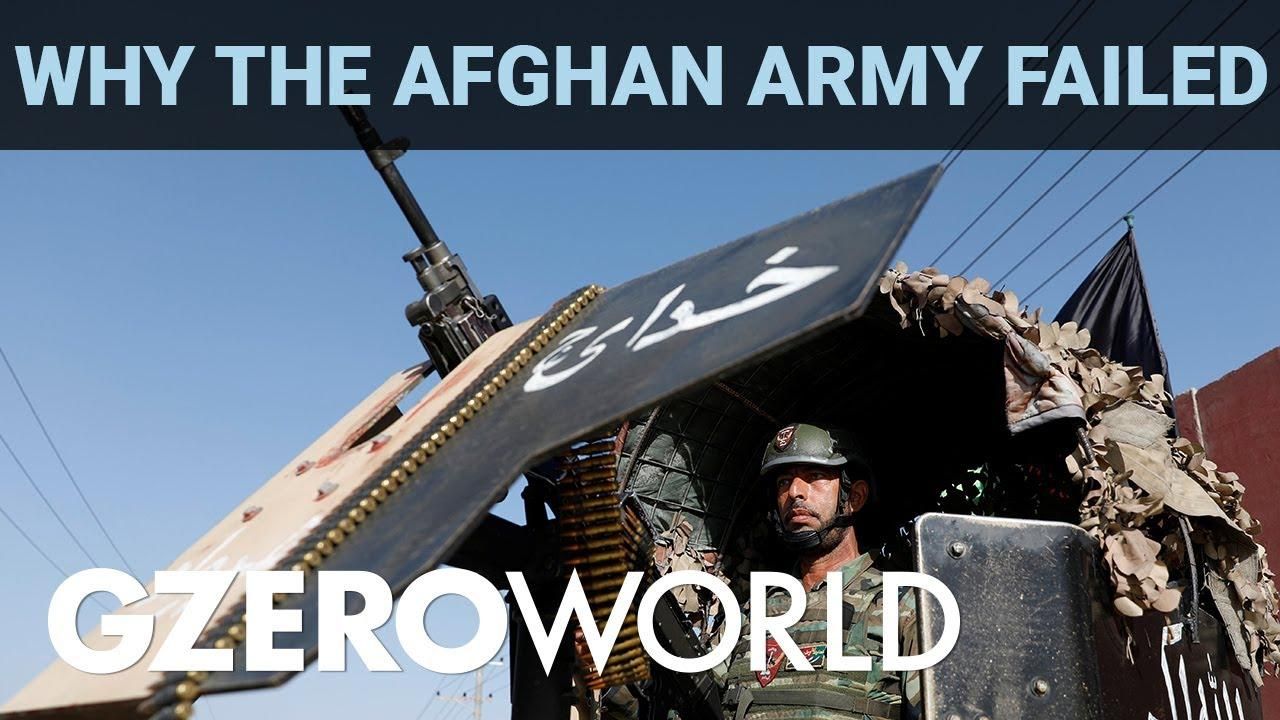GZERO World Clips
US Afghanistan withdrawal: a “digital Dunkirk”

US Afghanistan Withdrawal: a “Digital Dunkirk” | GZERO World

Could the US have done a better job at getting out of Afghanistan?
Certainly, says former US marine and CIA officer Elliot Ackerman, who recalls how calls for an evacuation plan fell on deaf ears in the Pentagon and the White House. Expediting the Special Immigrant Visa (SIV) program for Afghan allies could have been handled better as well.
The problem, he tells Ian Bremmer on GZERO World, is that America thought it'd have a bit of time before the Taliban took over. That was the wrong call.
And now it's much harder to get Afghans out with no presence or networks inside the country.
Is Venezuela entering a real transition or just a more volatile phase of strongman politics? In GZERO’s 2026 Top Risks livestream, Risa Grais-Targow, Director for Latin America at Eurasia Group, examines Delcy Rodríguez’s role as Venezuela's interim president after Nicolás Maduro.
It’s been just over 48 hours since US forces conducted a military operation in Caracas and seized Venezuelan strongman Nicolás Maduro, and the future governance of the country – and the US role in it – remains murky.